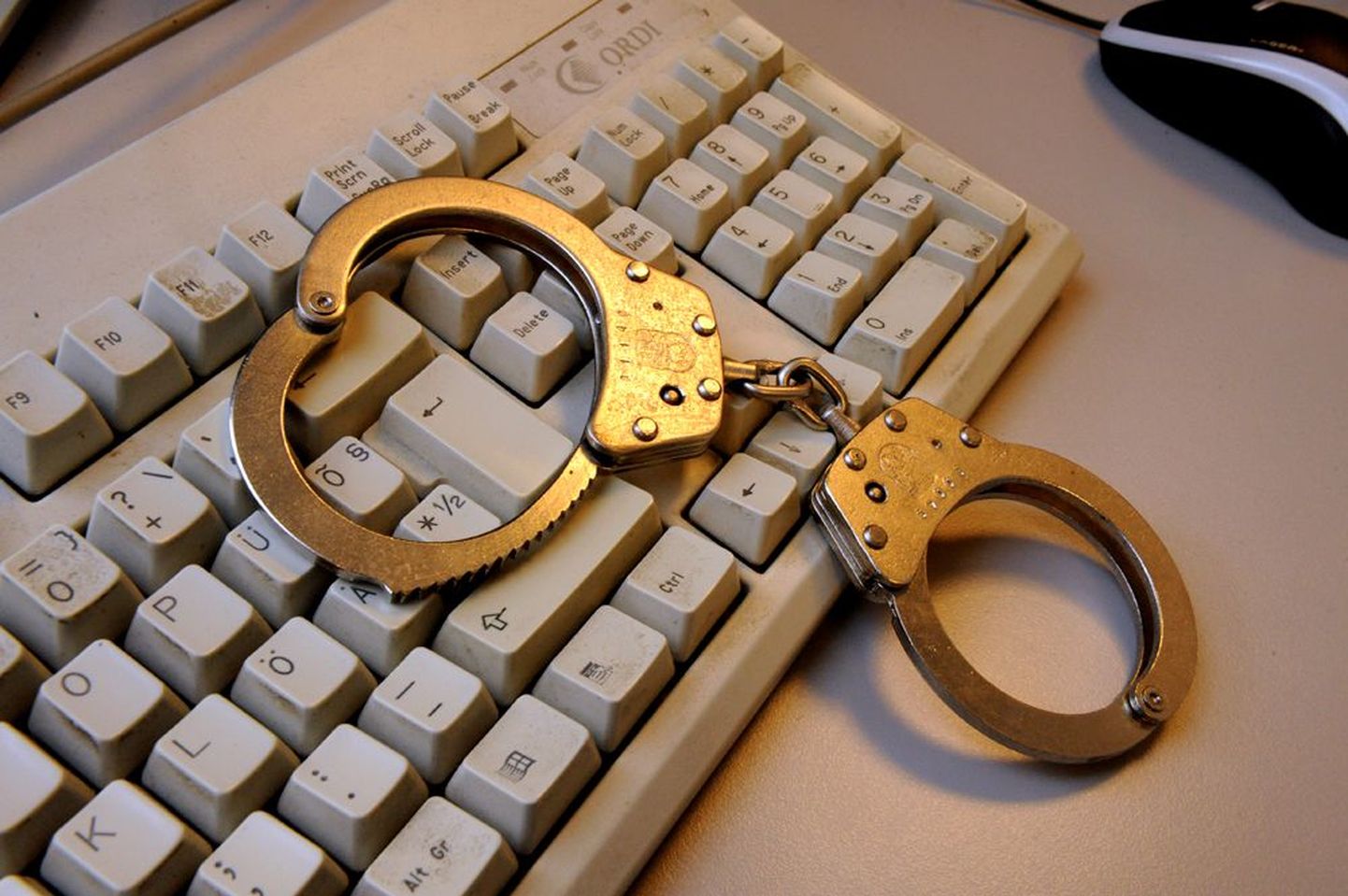The issue of a new regulator, Raudsaar said, was pan-European and thus it was not possible to be sure how much it would influence the place of Estonia in the world press freedom chart. "When I looked at the list I did not see that the Nordic countries had fallen there significantly," Raudsaar said.
"In my mind the main issue for Estonia is whether we are moving in the direction of the Nordic countries or we are moving away from them", Raudsaar said. "It is not yet too bad but if the tendency continues there is a lot to be concerned about," Raudsaar said.
Reporters Without Borders (Reporters sans frontiers - RSF), an international organization based in Paris, Wednesday placed Estonia in the 11th place among 179 countries, eight places lower than the year before.
In the index published last year Estonia and the Netherlands were equal in the 3rd and 4th places.
In the RSF index Finland takes the first place, with the Netherlands second and Norway third. Eritrea is in the last, 179th place, North Korea is in the 178th and Turkmenistan in the 177th place.
In the index published in 2011-2012 Estonian was level with the Netherlands 3 to 4, in the chart for 2010 level with Ireland 9 to 10, in 2009 it was sixth, in 2008 in the RSF press freedom index Estonia was even with Finland and Ireland 4 to 6, and in 2007 level with Slovakia 3 to 4.

